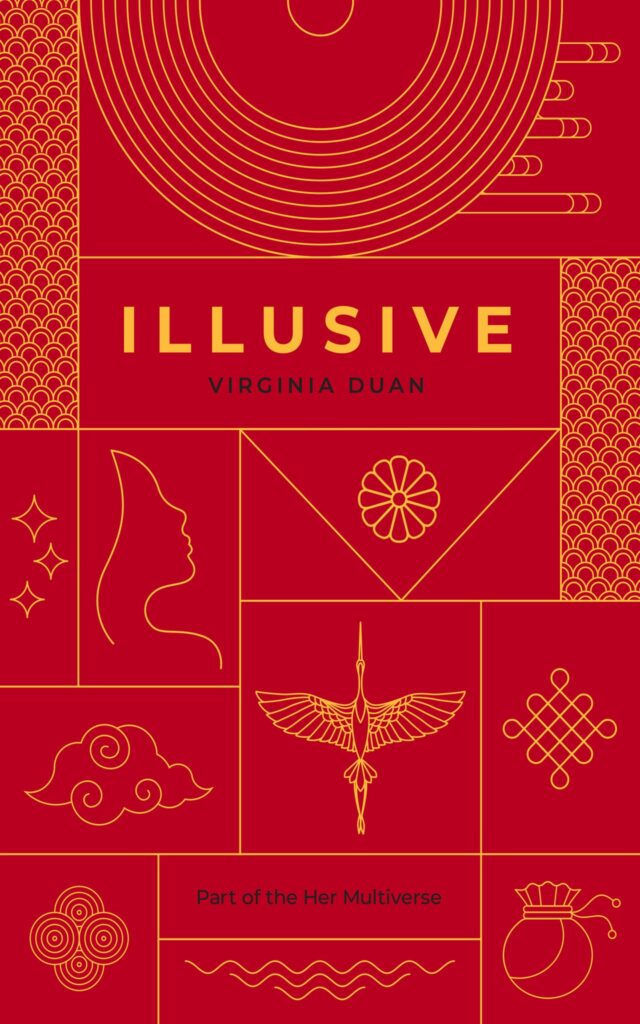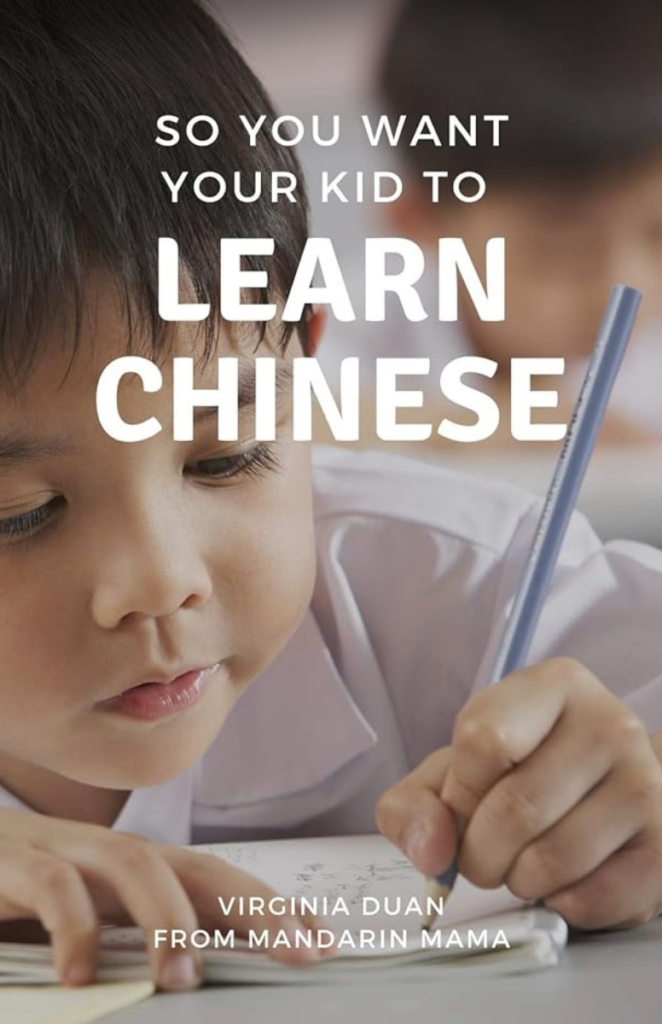Earlier this month, I applied to be part of the Progressive Asian American Christian Fellowship, a 10 month program educating progressive Asian American Christians about our history, intersectionalities, and activism. I found out two weeks ago that I’ll be participating in the 2020-2021 cohort and I’m super excited about delving deeper into Asian American history, Asian American theology, Asian American psychology, and what activism looks like as a progressive Asian American Christian.
Below, I’m including my answers to the application because often, we forget our intersecting identities and “wokeness” are formed over a lifetime of tiny experiences. Sometimes, there are inciting incidents, but mostly, it is a boring and gradual shift as we take in new information, sort it through our various lenses, and then integrate it into some sort of coherent narrative.
I’m also including it because these thoughts have been floating around in my head for a long time and they finally coalesced for the application and I wanted to build an altar of sorts, to remind myself of where I was prior to this fellowship.
1. Give a reasonably full account of your journey with the Christian faith and the church.
My Christian journey is inextricably tied to my father’s adultery and his physical abuse of my mother and my brother and I as children. As a result, my view of the church is a confusing amalgam of gratefulness and fury. Thankful because Jesus was a comfort and a solace; rage because the church was so complicit in our abuse.
My first experiences of the Christian faith were through the weekly Friday Chinese school classes and Sunday school classes at a local Chinese Baptist church when I was in kindergarten and early elementary school. I vaguely recall my paternal grandparents getting baptized there and an Easter Egg hunt at a local park.
My parents had also enrolled me in a Christian private school because it seemed to be a better education than the local schools would provide me where we lived. I don’t particularly recall anything about God or Jesus – except that I had a Chinese teacher and a Japanese teacher in the schools.
It otherwise did not affect me at all.
When my family moved to a cozy suburb that was super white, rich, and stodgy, I changed Chinese schools and no longer had to attend a private school since the public schools were top notch.
In the 5th grade, my father left to work in Taiwan at my maternal grandfather’s company, and he would come home for two weeks every few months. I was devastated. He was my sun, so bright and shining. I don’t even particularly recall anything of my mother until then. My father blotted out everything else from the sky.
My mother and I constantly fought. I heard her arguing and crying on late night long distance calls with my father. She wrote long, long letters.
My father’s younger brother, a pastor, came to visit us with his wife. I distinctly recall arguing with him at our local dim sum restaurant that I was an atheist because I believed in evolution. He and his wife (a doctor), argued with me about creationism and sent me books that I read reluctantly.
In the 6th grade, my mother started dragging us to the very same church at which I used to attend Chinese school. I was furious. The one day a week I could sleep in (thanks, Saturday morning Chinese school) was robbed from me. Eventually, the weekly brainwashing was too much, and I was enveloped into the youth group (I still remembered a lot of the kids from my Chinese school days) and when the church expanded to a closer town near my house, I became one of the founding youth group members.
I was everything a stereotypical Chinese church kid could be. I was on the worship team, a youth leader, and wrote for the youth group magazine. I tried to be perfect – even as my family life fell apart.
I found out in middle school just how faithless my father was, and yet, my mother was pressured to stay with him and keep the marriage – that if my father just converted, everything would be alright.
My father, the consummate liar and cheat, made a public conversion, my mother accepted him back, and they renewed their vows. I refused to attend the sham renewals. My uncle cut ties from our family after because he believed my father had never repented (in fact, he has never apologized – let alone repented – to my mother or us).
When my father held a butcher knife to my mother’s throat and physically hit me, the church elders encouraged reconciliation and forgiveness. I was constantly told to be filial and respectful and to obey my father. That he was the head of our household and to submit to his spiritual authority.
I left for UCLA and knew I had to be a good Christian girl and find a college fellowship – so I shopped around for those initial few weeks, and then was drawn into the UCLA chapter of InterVarsity Christian Fellowship. I found them a revelation.
For the first time in my life, Bible study wasn’t stupid or dumbed down. I found myself enthralled with inductive Bible studies, incarnational living, and a radical (for me) theology that emphasized racial reconciliation and love for the poor. It was my first experience with justice – as well as serving God through the arts. Though my parents had instilled in me a vague sense of “everyone is equal,” I still understood racism and injustice through a personal lens versus corporate and systemic lenses.
InterVarsity, my fellow members, and the rigorous sense of justice and evangelism appealed to me. I thrived there – even when I burned out my junior and senior years. Most of my justice oriented theological framework was formed in these four years. After graduation, I dated someone who was heavily involved with Servant Partners, a paramissionary program that believed in changing inner city and urban areas in Los Angeles (and eventually, worldwide).
When I left the man I thought I was going to marry for a fling with my boss at work, my uncle called me with dire warnings of the temptations of sex and how I would be unevenly yoked and led away from Jesus. He had thought my ex was perfect for me – and so godly – that he had been willing to marry us in his living room when we had visited him right after college.
To this day, part of me believes that my relationship and now marriage to my atheist husband is the reason for my eventual drifting from church and mainstream Christianity.
In the last two decades, I continued my antiracist learning – all thanks to that seed sparked at InterVarsity. My pursuit of justice – and the main reasons I have become more progressive – was actually because I had children and was afraid. I drifted further and further from the church – all while my mother became more and more steeped into churches which emphasized spiritual warfare, speaking in tongues, inner and physical healing, and visions.
When I had children, she was incensed when I refused to let her take them to her church.
Many Christians become ever more conservative out of fear of the world and the outside when they have children. For me, I became ever more expansive and progressive – also out of fear – but fear that my children would feel judged and unloved for who they were as people. I never wanted my kids to feel as if there was anything wrong with them should they not conform to what the church deemed acceptable – whether it was sexuality, gender, race, or other identities and behavior.
In 2011, right before my second child was born, I cut off all ties with my father. In many ways, that is also how I treated the church (and still do). I conflate the two entities, a confusing mess of love and pain that I am forced to cut off out of love for myself and my children.
It wasn’t until I found PAAC that I felt less alone – less like a unicorn. Most of the progressive Christians I found online were either super white or Black – and though nothing wrong with either, did not feel like me. Finally, there was a space that reflected more of my true beliefs and yet could also relate to me on a cultural and ethnic level that other groups could never.
And now, I don’t even know if I believe there is a Christian god, a Jesus, or a Holy Spirit – or should they exist, if they are the only gods in our world. However, I also feel so formed by Christian theology (at least the one that I learned in my youth – and my ever-evolving attempts to grow past it) that Yahweh, Jesus, and the Holy Spirit are the terms and lenses that I interpret spirituality. So much so that even if I no longer believe in them, I also don’t know any other names with which to interact with the spiritual.
2. Why do you identify as a PAAC?
I identify as progressive because I am traveling along a continuum. I do not presume to have arrived – for there is no actual final destination. The me of today is very different even from the me of last year. The more I learn and unlearn, the more I am grateful for my friends and the teachers ahead of me, showing me the way.
I identify as Asian American because I am. I originally identified as Chinese American – but in the past decade, have chosen to identify more and more with Taiwanese American (though I am both). But for the purposes of solidarity and America, I also claim Asian American.
As for Christian, I still nominally identify as Christian because it is the framework within which I still operate and interpret the world most closely. I often wonder if this Christian view is in actuality Truth, or if it’s merely the vocabulary with which I am most familiar and thus, the most convenient means with which I understand and interpret the human condition.
3. Why are you interested in this program? What do you hope to get out of it?
Truthfully, I just want to be a less shit human.
Part of that is to learn more about specifically Asian American Christian history as well as our history in activism and how it intersects with other identities. Though I’m sure I could learn and read about the topics covered in the fellowship on my own, there is something comforting and exciting about dissecting texts and ideas and blasting through preconceived notions with companions and friends. As if we are all on a journey together at the same time to discover new ideas, flesh out hazy ones, and grapple with our beliefs.
In addition, I hope to broaden and deepen the base of my knowledge and faith so that it can inform my work as a writer, an ally, and a parent. Instead of a vague sense of rightness based on secular humanity, I want hermeneutics based theological support for justifying the love and acceptance of LGBTQIA+ folks, liberation theology, decolonization, and justice.
And lastly, I want to know if this Christian God looks like me – if I am reflected in Their face. I want to know if my Chinese-ness and Taiwanese-ness is inherent in Them – or if I have betrayed gods who look like me for another. This last part is a very new idea to me, and I hope this fellowship gives clarity and shape to this otherwise amorphous feeling.





